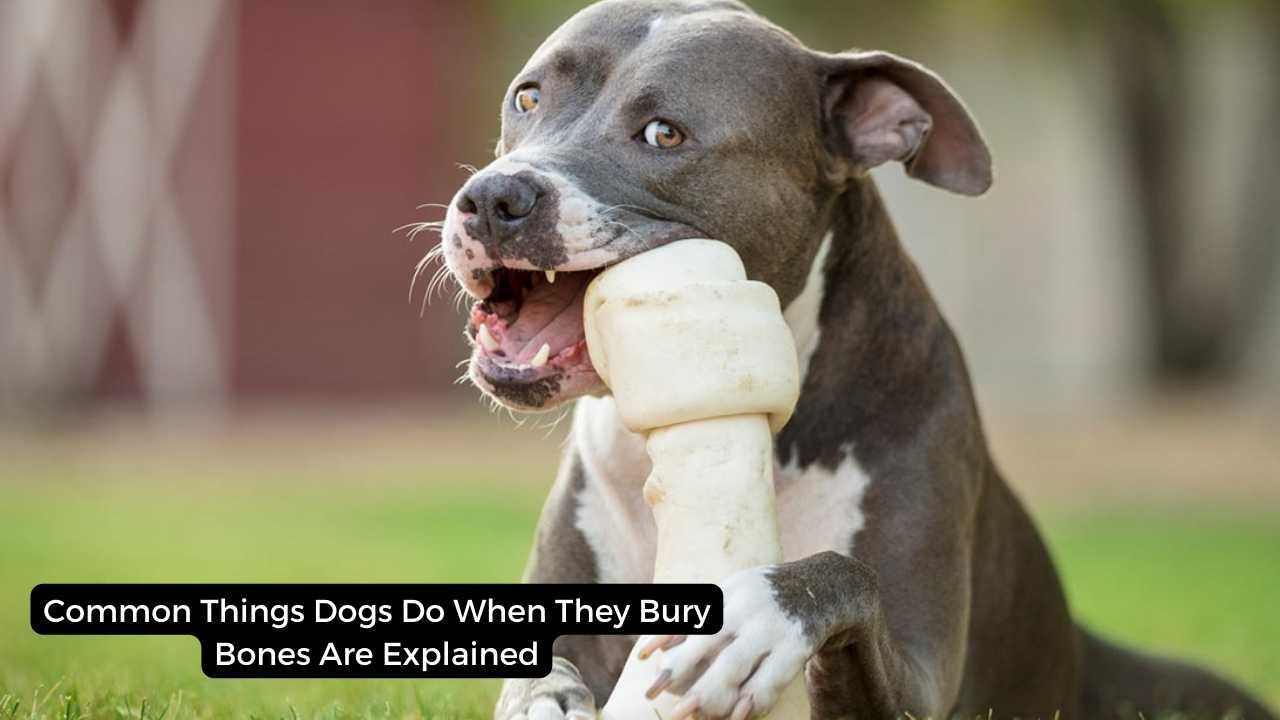Imagine your furry friend, with paws caked in dirt, meticulously burying a bone in your backyard as if participating in a secret treasure hunt. While this adorable and perplexing behavior might seem whimsical, it’s rooted in the evolutionary history of dogs. In this article, we’re delving into the fascinating world of canine behavior to unravel the common reasons behind why dogs bury bones. From ancestral instincts to emotional connections, we’ll explore the multifaceted reasons that drive your pup to engage in this behavior.
The Ancestral Instincts
To truly understand why dogs bury bones, we must journey back in time to when dogs were wild creatures. Canids, the dog family, had to be resourceful to survive. Burying food, like bones, was an adaptive strategy to store provisions for lean times when food was scarce. Just like how squirrels stash acorns for the winter, dogs buried bones to ensure they had sustenance during periods of scarcity. This instinct has been passed down through generations, causing modern-day domestic dogs to exhibit similar behavior, even though their food supply is no longer uncertain.
Territory Marking and Concealment
While your pup might not need to hoard food for survival, the territorial instinct to bury bones is still alive and well. Dogs have a strong need to mark their territory, and burying a bone is like planting a flag in their perceived domain. In the wild, this action would signal to other dogs that the area is claimed, reducing the likelihood of conflict over resources. Your domestic dog’s urge to bury a bone might stem from this ancestral instinct, as they find comfort in knowing they’ve secured their possession.
Emotional Attachment and Comfort
Dogs are creatures of habit, and the act of burying a bone can also be linked to their emotional needs. Just as a child clutches a favorite blanket, dogs often bury bones as a source of emotional comfort. This behavior is analogous to how humans might keep mementos or photos as a source of solace. Burying a bone provides a sense of security and familiarity, which can be especially important during stressful situations or when there are changes in their environment.
Sensory Enrichment and Play
Burying bones isn’t solely about survival or emotional comfort. It’s also a form of play and sensory enrichment for dogs. The act of digging and burying engages their natural instincts and provides mental stimulation. It’s akin to us solving a puzzle or engaging in a hobby we enjoy. The texture of the soil, the smell of the earth, and the physical exertion involved all contribute to a sensory experience that many dogs find gratifying.
The Influence of Domestication
Interestingly, domestication has shaped some of the ways dogs exhibit this behavior. While their wild ancestors buried bones deep in the ground, today’s dogs might “bury” bones by wedging them under couch cushions, in the laundry pile, or even in the folds of your bed. This change in behavior reflects the close relationship between dogs and humans. Your pup might be attempting to include you in their bone-burying ritual, almost as if extending an invitation to partake in their world.
Conclusion
The age-old habit of dogs burying bones is a testament to their intricate nature and the lasting impact of their evolutionary journey. From ancestral survival strategies to emotional comfort and sensory stimulation, the reasons behind this behavior are as diverse as the breeds themselves. As you observe your furry companion engaged in this quirky ritual, you’re witnessing a blend of history, instinct, and emotion that makes dogs truly remarkable companions.
